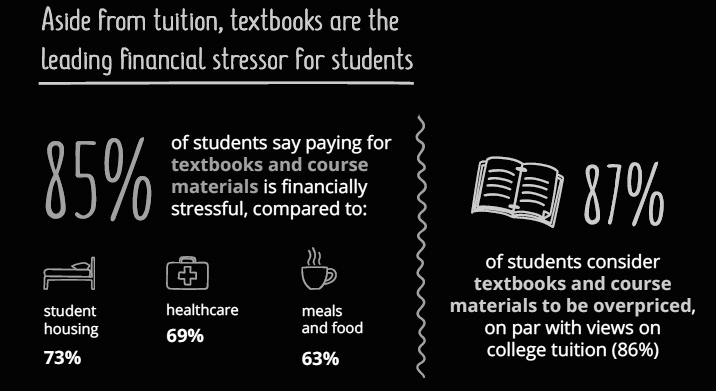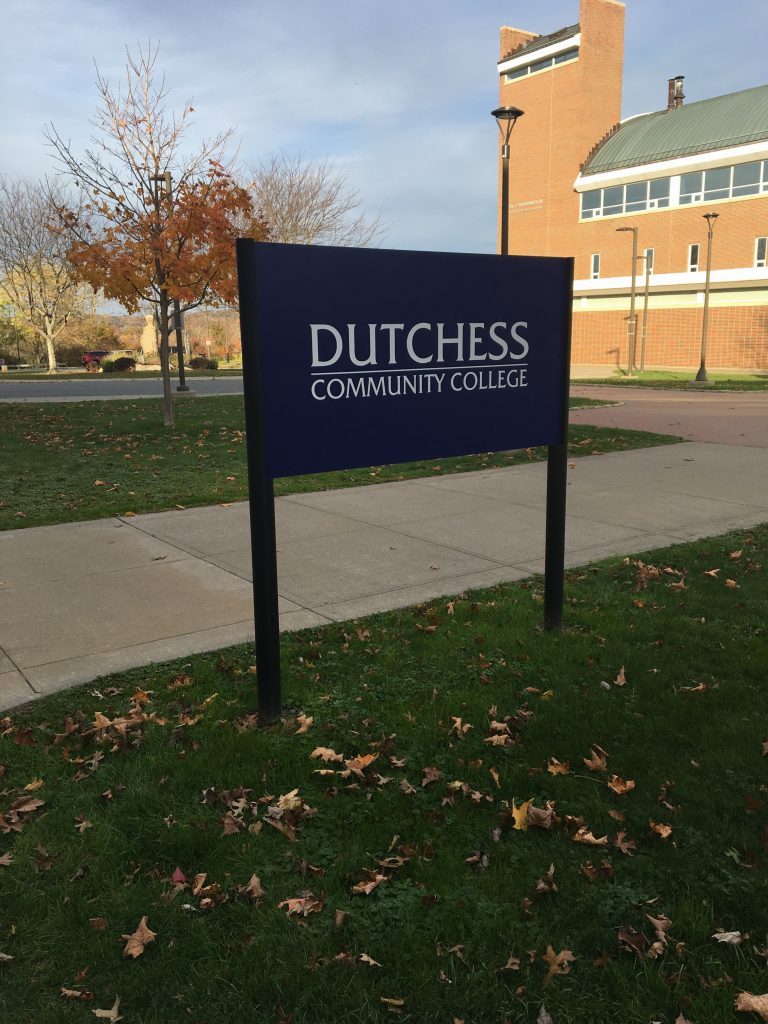By Yesenia Coello
Campus News
Being a student in today’s world is hard. Between the work and the devastating reality that most students will be hounded by students loans for the rest of their lives is quite a depressing notion. Fortunately, Cengage wants to ease some of the burden from students’ minds.
Cengage is a U.S. based education and technology company that provides course materials for students. They provide 11 million students nationwide with the required materials they need to succeed academically.
Cengage, however, believes these efforts aren’t enough.
“We can’t call ourselves a student-focused company without trying to address the affordability problem in higher education,” says Michael Hansen, the company’s founder and CEO, “especially when we know the cost of course materials is a primary concern for students.
“As a result, we’re tackling the affordability issue head on with the introduction of Cengage Unlimited, the first all-access subscription service for quality higher ed course materials.”

Cengage Unlimited, in essence, would function similarly to other streaming services (e.g., Netflix, Spotify), where individuals would pay a fixed sum of money per semester or school year in order to access Cengage’s elaborate collection of educational resources. Currently, services are offered at $119.99/semester or $179.99/year. The subscription would give students access to over 20,000 products across 70 disciplines and more than 675 courses.
All this said, there has to be something that separates Cengage from its competitors — retailers such as Amazon who provide affordable (albeit used) materials such as books. According to Hansen, “For one price, students have complete access to our digital products—no matter how many products they use.”
“Students can subscribe directly through Cengage.com or purchase subscriptions at on-campus and off-campus bookstores.”
In other words, in subscribing, students wouldn’t be limiting themselves to a fixed amount of resources to learn. In fact, they could use any of Cengage’s products if it has the potential to ensure success. For many students, this could be a matter of passing or failing.
And if students are uncomfortable using materials online, Cengage offers other alternatives:
“In addition, students using Cengage learning technology platforms, like MindTap or WebAssign, have the option of a print rental for just $7.99 with free shipping. When their subscription ends, students retain reference access to their key course materials for the first year for free.”
While anyone can access Cengage Unlimited, the company’s key targets are all students, including especially minorities and women — two groups that are particularly affected by the high cost of school materials. More than half of the student population is composed of women (56%). In the case of minorities, many, especially those in poverty-laden neighborhoods, college is expensive enough as it is; why add more stress to their lives?
Indeed, while Cengage does want to help students, there will always be justified naysayers who are skeptical of the company’s new services. Especially when it’s much easier to go with the cheap stuff or opt out of buying course materials altogether. Cengage is aware of this and offers lucrative solutions for these students.
“First and foremost, Cengage Unlimited will likely save them quite a bit of money,” Hansen says. “More than that, Cengage Unlimited provides a better learning experience. Why pay $120 for one textbook when you can pay the same amount for Cengage Unlimited and get access to more than 20,000 digital products (including ebooks, study tools and homework guides). And for just $7.99 more you can access a print rental for your term.”
While it is true that students would be paying the same amount of money for a subscription than a textbook, the money invested in a subscription can go a long way in nurturing a student’s education.
“In the Cengage/Morning Consult survey, more than 80% of students said having digital course materials easily available would have a positive impact on their final grade. Meanwhile, 40% of students said not having access to their materials resulted in a lowered or failing grade.
“The benefits of the investment in materials is quite clear.”





Facebook Comments